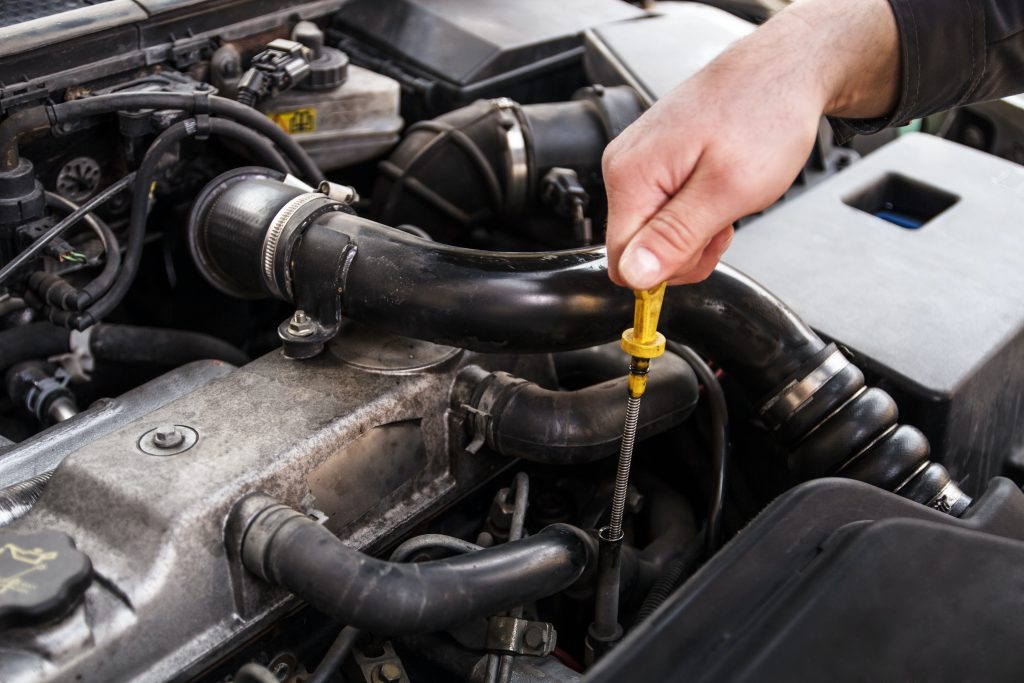Maintaining a reliable fleet of coaches and buses is paramount in the ever-evolving world of transportation. Whether you operate in Australia, New Zealand, or the UK, ensuring the safety and dependability of your fleet is crucial. In this article, we’ll delve into the best practices for fleet management that can help you achieve and maintain the highest safety and reliability standards.
Regular Vehicle Inspections
Implement a Strict Inspection Schedule
To ensure the reliability of your fleet, start with a rigorous inspection schedule. Regular inspections help identify and address issues before they escalate. Consider setting up daily, weekly, and monthly inspection routines.
Document Inspection Findings
Keep detailed records of each inspection. This documentation helps track the condition of your vehicles but also assists in identifying recurring issues that may require special attention.
Preventive Maintenance
Scheduled Maintenance
Create a well-defined preventive maintenance schedule that covers all aspects of your vehicles, from engine checks to tire rotations. Stick to this schedule religiously to prevent breakdowns.
Addressing Minor Repairs
Don’t neglect minor repairs. Even seemingly insignificant issues can lead to major problems if left unattended. Fix them promptly to avoid costly breakdowns.
Driver Training
Ongoing Training
Invest in continuous training for your drivers. Ensure they are well-versed in vehicle handling and understand the importance of regular inspections and maintenance.
Promote Safe Driving Practices
Educate your drivers about safe driving practices. Please encourage them to drive responsibly, as this can significantly extend the lifespan of your fleet.
Vehicle Tracking and Telematics
GPS Tracking
Implement GPS tracking systems to monitor the location and performance of your vehicles in real time. This not only enhances safety but also helps with route optimization.
Telematics Solutions
Consider using telematics solutions that provide insights into vehicle diagnostics. This data can be invaluable for proactive maintenance.
Spare Parts Management
Stock Essential Spare Parts
Maintain a stock of critical spare parts. This ensures you can quickly address any issues without waiting for parts to arrive, minimizing downtime.
Supplier Relationships
Establish strong relationships with suppliers. Reliable suppliers can provide you with quality parts and quick deliveries.
Environmental Considerations
Green Fleet Practices
Consider adopting green fleet practices, such as fuel-efficient vehicles and eco-friendly technologies. This reduces your environmental footprint and can lead to cost savings.
Emission Control
Stay updated with emission control regulations in your region. Ensure that your fleet complies with these regulations to avoid penalties.
Conclusion
Maintaining a reliable fleet is a multifaceted task that involves regular inspections, preventive maintenance, driver training, vehicle tracking, spare parts management, and environmental considerations. By following these best practices, you can ensure the safety and reliability of your coach and bus fleet, no matter where you operate.
FAQs
Q1: What is the significance of regular vehicle inspections?
Regular inspections help identify and address issues before they escalate, ensuring the reliability of your fleet.
Q2: How can preventive maintenance benefit my fleet?
Preventive maintenance prevents breakdowns and extends the lifespan of your vehicles, saving you money in the long run.
Q3: Why is driver training essential for fleet management?
Ongoing driver training promotes safe driving practices and enhances the overall performance of your fleet.
Q4: What are the advantages of vehicle tracking and telematics?
GPS tracking and telematics provide real-time insights into your fleet’s performance, leading to better route optimization and maintenance planning.
Q5: How can environmental considerations benefit my fleet?
Adopting green fleet practices reduces your environmental impact and can lead to cost savings and compliance with emissions regulations.
Australia https://coachhire.com.au/ & https://thesydneycoachcompany.com.au/
United Kingdom https://thecoachcompany.co.uk/
New Zealand https://thecoachcompany.co.nz/
